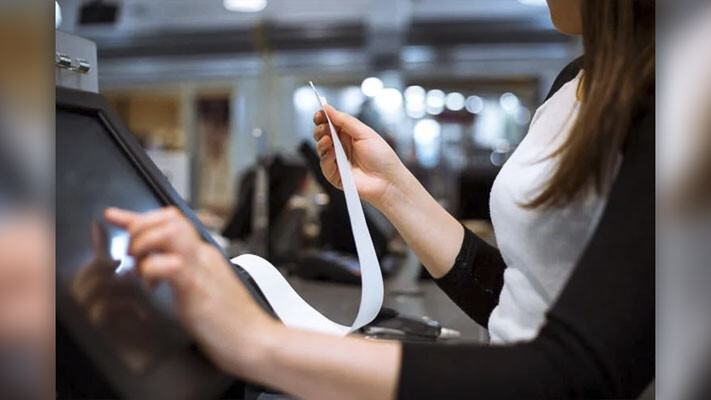
The Evergreen state’s retail sales tax is made up of the state rate – 6.5% – and the local sales tax rate, which varies depending on the location
Brett Davis
The Center Square Washington
Washington state’s average combined state and local sales tax rate is the fourth-highest in the nation at 9.4%, according to a midyear report released by the Tax Foundation.
“This report provides a population-weighted average of local sales taxes as of July 1, 2023, to give a sense of the average local rate for each state,” the introduction of the report by the Washington, D.C.-based think tank reads.
As for methodology, the report states, “Sales Tax Clearinghouse publishes quarterly sales tax data at the state, county, and city levels by ZIP code. We weight these numbers according to the most recent Census 2021 population figures to give a sense of the prevalence of sales tax rates in a particular state. This is a change from previous editions, where we used figures available every decade. While changes due to the new weighting were mostly trivial, we show changes in rank based on January 1 figures recalculated under the new population weighting. Due to the updated population weighting, this report is not strictly comparable to previously published editions, though differences amount to minor rounding errors.”
The Evergreen state’s retail sales tax is made up of the state rate – 6.5% – and the local sales tax rate, which varies depending on the location. The Tax Foundation report, which came out Wednesday, notes the average local tax rate in Washington is nearly 2.9%.
There are a total of 186 local tax jurisdictions across Washington, according to the SalesTaxHandbook website, which has a list of all 39 counties in the state and the maximum sales tax rate that occurs within each county.
Snohomish County, situated between northern Puget Sound to the west and the crest line of the North Cascade Range to the east, has the highest combined sales tax rate at 10.6%.
Skamania County in the southwestern portion of the state has the lowest combined sales tax rate at 7.7%.
Forty-five states and the District of Columbia collect statewide sales taxes, and local sales taxes are collected in 38 states, according to the Tax Foundation report.
Per the report, only three states have a higher combined sales tax rate than Washington: Tennessee (9.548%), Louisiana (9.547%) and Arkansas (9.44%).
This report was first published by The Center Square Washington.
Also read:
- House Democrats advance $18B in tax hike proposals as session winds downHouse Democrats in Washington advanced several tax hike proposals as the legislative session nears its end, aiming to address a major budget shortfall.
- Republican budget leaders see showdown ahead as Senate Democrats approve trio of major tax increasesSenate Democrats in Washington have approved major tax increases, prompting Republican budget leaders to warn of a growing showdown ahead.
- Representatives from the 18th and 20th Legislative Districts to hold joint town hall on May 3Lawmakers from the 18th and 20th Legislative Districts will host a joint town hall on May 3 at Battle Ground City Hall to review the legislative session and hear from residents.
- Expect delays on northbound I-5 near Ridgefield through May 9Northbound I-5 travelers near Ridgefield should expect delays through May 9 as crews work on improvements at the Exit 14 off-ramp to support future development.
- Brandon Erickson announces candidacy for Clark County Charter Review CommissionBrandon Erickson has announced his candidacy for the Clark County Charter Review Commission, seeking Position 1 in District 2.
- Clark County Sheriff’s Office investigating a reported burglary that led to apparent suicideThe Clark County Sheriff’s Office is investigating a reported burglary in Vancouver that ended with the apparent suicide of Charles Gardiner, interim chief of the Cowlitz Tribal Public Safety Department.
- POLL: Why did voters reject all three tax proposals in the April 22 special election?Clark County voters rejected all three tax measures on the April 22 special election ballot, prompting questions about trust, affordability, and communication.











